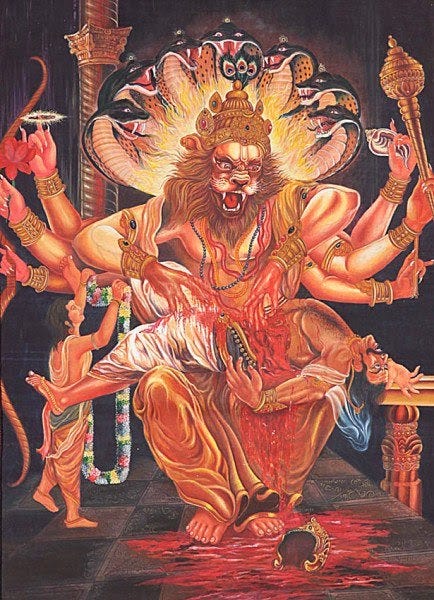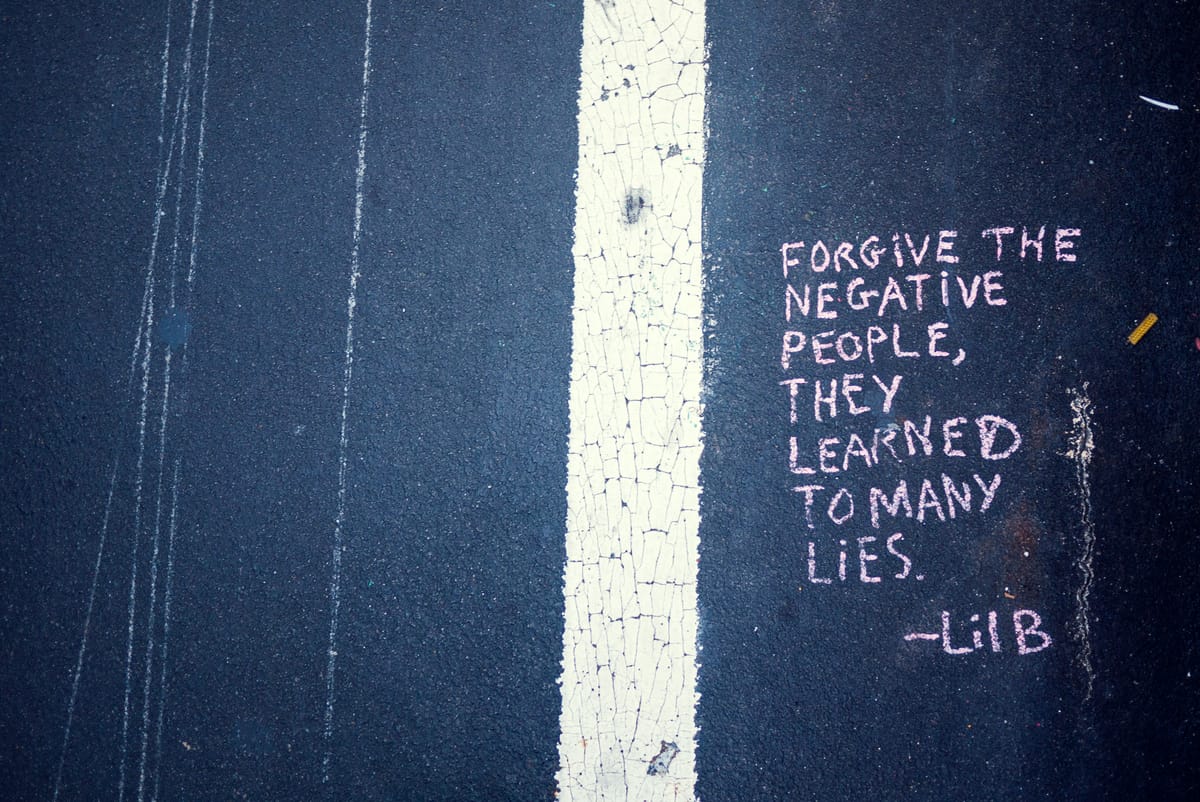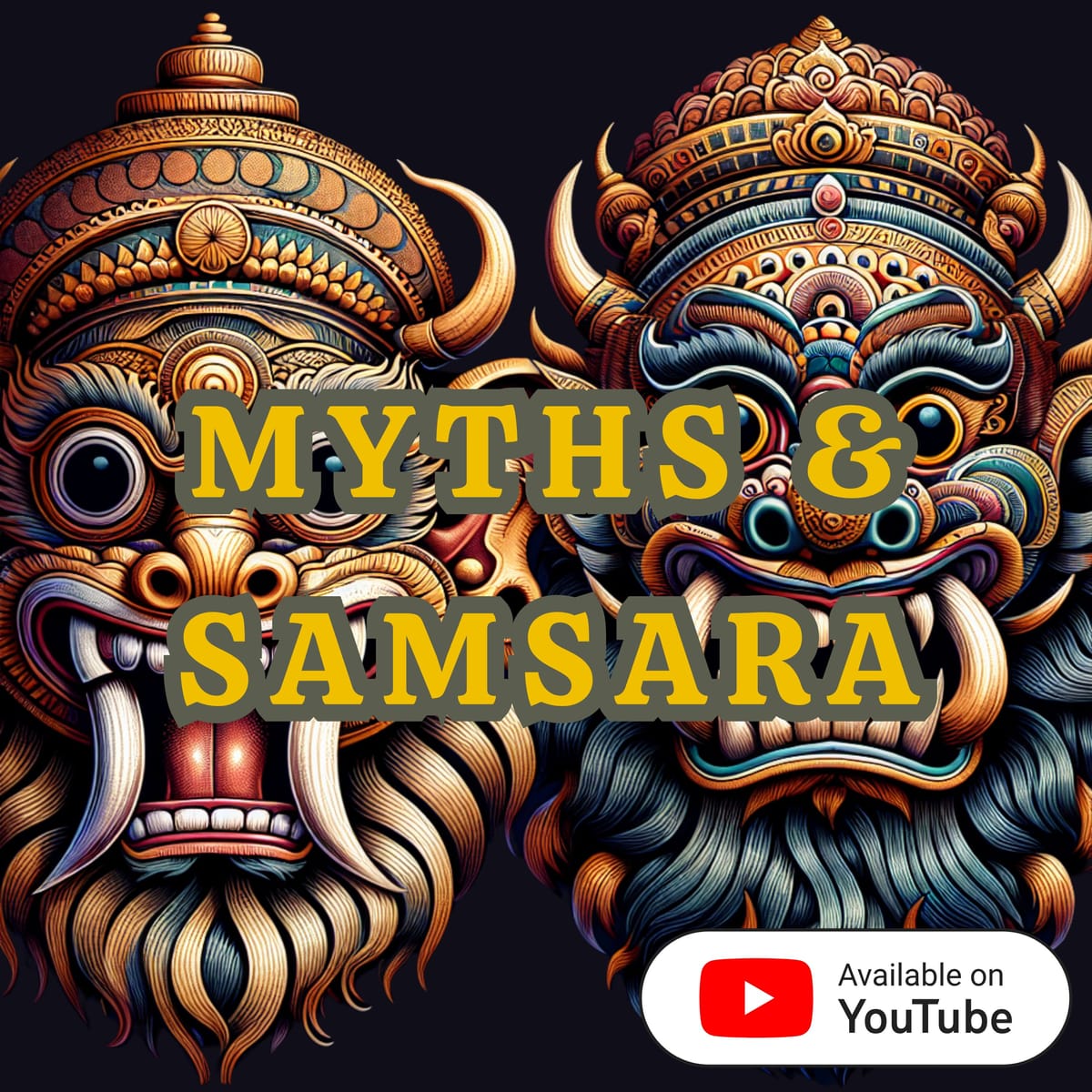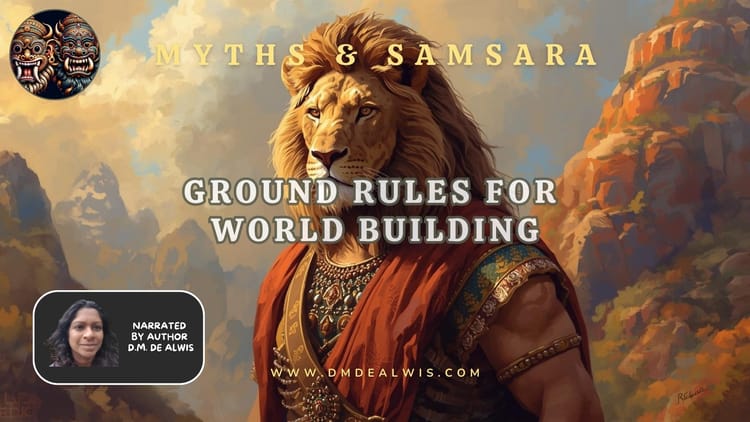Did the lion or the cat come first?

Author Life
Did the lion or the cat come first?
A decade ago, there was a joke among website developers and product managers. It goes like this:
The company CEO asks you to create a functional and well-designed website for them. Somewhere close to the third round of design proofing, the CEO asks you to include their pet, Fluffy. Better yet, let’s put GIFs all over it. Now it’s ruined. You complete the job, but you’re dying inside.
So I wrote a novel. The main character is Nara Sinha the fabled lion-man who carried out a task that made the gods so grateful that future civilizations of humans decided to mark him as one of the avatars of Vishnu.

…
You might ask me, isn’t that getting into religious hot water, touching on an avatar of Vishnu?
It is and it isn’t. You have to realize that Hinduism will outlive all religions because it’s the equivalent of the Borg Collective from Star Trek. Everything will be assimilated. EVERYTHING. Resistance IS futile.
Both Jesus Christ and the Buddha are considered avatars of Vishnu. The religion’s ability to recognize ‘good’ is ‘good’ is what makes Hinduism vast, remarkable and one of the world’s oldest and most resilient religions!
Check out the film Kantara. Hinduism is storytelling on steroids. The stories featuring gods are told and retold.
…
The story of Nara Sinha begins with Prince Prahlada, the most devoted follower of Vishnu, being subjugated by his father, the Asura King Hiranyakshipu. In some stories, he’s a demon.
As if that weren’t enough, the earth has just undergone an armageddon. Hiranyakshipu's brother captured Bhumi (earth) and submerged her in the cosmic sea (floods?). Another avatar of Vishnu destroyed him. So Hiranyakshipu holds a grudge against Vishnu and his followers.
Welcome to a universe that is at war with our asura king dominating heaven, hell, and the human realm. All beings, including humans and gods, are under a dictatorial state. Think North Korea.
Sinha, our hero, sent by the ‘good guys’, must somehow appear out of a pillar and end Hiranyakshipu’s reign.
The writer’s dilemma—how to make accepted folklore believable to a broader audience?
So let’s back up 1000 paces.
My prompt is the mythological story. I’m trying to fill in a backstory while building a world. Where else in mythology does Sinha show his face? Where does he go when he’s not active? What happens to him after he’s out of the spotlight?
How do I define my character? How do I write this story and make a character flawed enough to be loved? What are his limitations? Where is the kryptonite? How do I create a situation where Sinha is able to assess what’s going on before he appears from the pillar and destroys the god-king? Why is he even doing this? Who are his known enemies?
Enter Ed the cat, my cat. Sure, he’s gorgeous and walks around like he owns the place, but something about him reminds me of Simba from the Lion King.
So what if the gods created a cat to infiltrate the palace? What if the cat roamed the halls and determined this king had got to go down? Then, when it’s game time, the cat transforms into said lion-man.
And what if?
Just what if?
The lion man would really rather be a — peaceful, do as I please, leave me alone, I want you for company, actually no I don’t — cat?
Me: It's either genius, or I’ve forever ruined my credibility as an author.
-D.M. De Alwis
More like this:









Member discussion